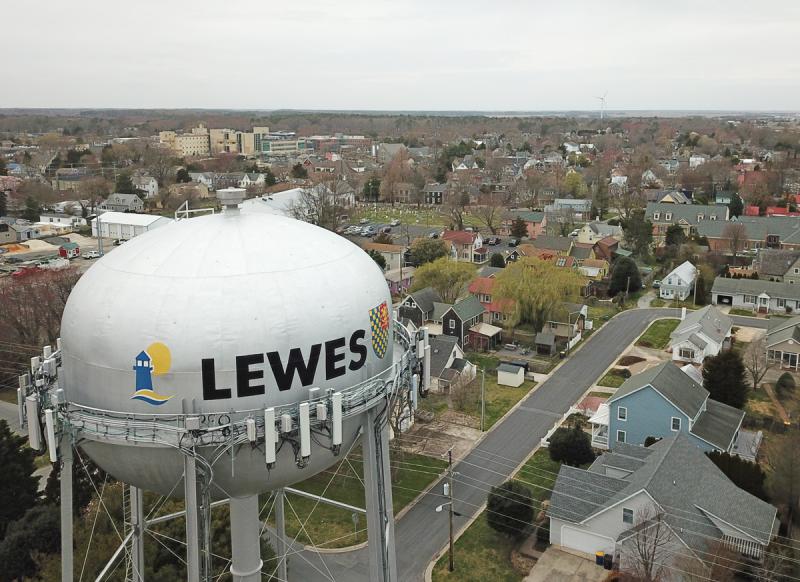The Lewes Board of Public Works voted unanimously April 6 to approve its operating and capital budgets with rate increases for all services.
The BPW worked with Utility Financial Solutions LLC to analyze its rates along with a robust capital improvement plan over the next five years. UFS came back with a recommendation that fees for all utilities be incrementally increased over the next several years.
Electric rates will increase 2.5 percent every year through 2026. A 2.5 percent increase translates to about $2.50 more per month for the average customer.
Water rates will be increased 18.5 percent each year in 2023, 2024 and 2025, with 2.9 percent increases in 2026 and 2027. The average customer would see a $5 increase in their monthly bills each year during the first three years and a lesser amount in the later years.
Wastewater rates are increasing 7.9 percent every year from 2023 through 2026. The average customer would see a $7 increase in their monthly bills with each annual hike.
For stormwater customers, the BPW will increase rates 15 percent every year from 2023 through 2027. The BPW charges just $5 per month for stormwater service to residential properties now.
All rate increases are retroactive to April 1, the beginning of the new fiscal year.
President Pres Lee said the BPW was open throughout consideration of rate increases and provided plenty of opportunities for the public to raise concerns.
“Throughout this process, we have not received any opposition from the public concerning the proposed rate increases,” he said. “That, I think, is a testament to the service provided by the board, and the fact that our already-low rates will still be very competitive even after the rate increases.”
Earl Webb, the board treasurer, said rate increases were necessary.
“Nobody wants to raise rates – that’s not what any of us want to do,” he said. “Given inflation, given the environment and health and safety of this area, it is necessary to do it. There have been times in the past where we've been able to reduce rates. So if something does shift with inflation or with other things, we always have the ability to pull those rates back.”
For more details about why the BPW increased rates, check out the Cape Gazette’s Feb. 21 article at tinyurl.com/mr29nbrs.

















































